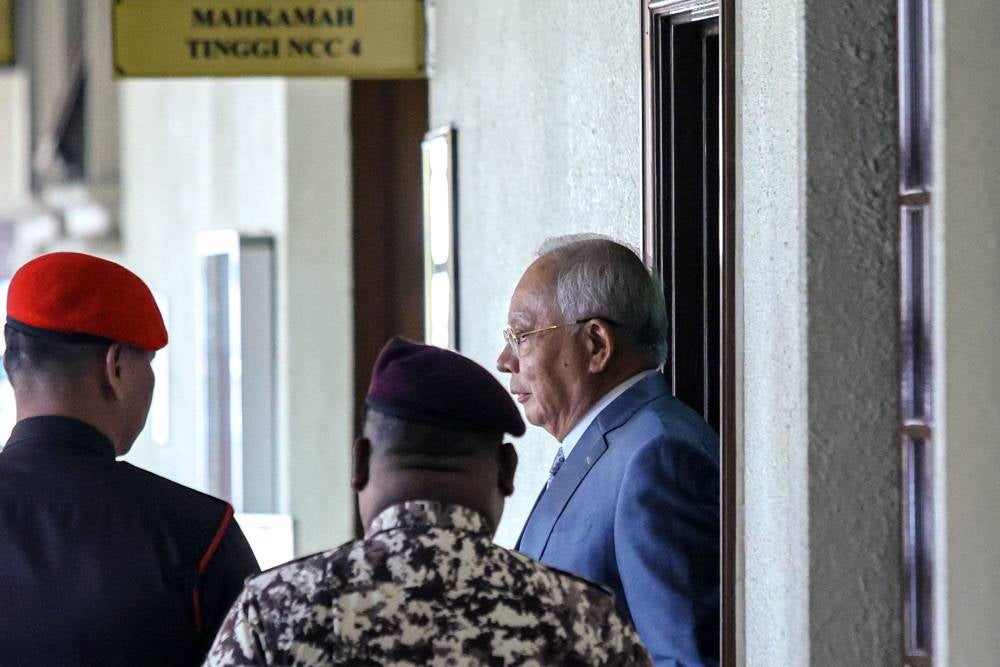Najib's 1MDB apology a bid for public sympathy - Analyst
As the former prime minister, Najib held the sole authority to approve such deals, placing him at the heart of the controversy.

SHAH ALAM - Former prime minister Datuk Seri Najib Razak’s recent apology regarding the 1Malaysia Development Berhad (1MDB) scandal has been met with widespread scepticism.
Some had argued that his remarks were insincere and served more to reshape his image rather than to express genuine remorse.
Political analyst James Chin said looking at indictments from other countries, especially the United States, it was clear that Najib was at the heart of all major 1MDB decisions.
He said as the former prime minister, Najib held the sole authority to approve such deals, placing him at the heart of the controversy.
"1MDB was actually controlled directly by the Prime Minister. So, to say that Jho Low (fugitive Malaysian financier) conned him is just not correct.
"Many people in Malaysia, of course, don't read all the documents coming out and also because of racial politics in Malaysia, a lot of Malays will believe him when he said he was conned by Jho Low," he said when contacted.
On Oct 24, in a statement read out by his eldest son, Datuk Mohamad Nizar, at a press conference at the Kuala Lumpur Court Complex, Najib, 71, insisted that he was innocent and blamed Jho Low and Petrosaudi executives for the debacle.
The Kuala Lumpur High Court will decide on Wednesday whether Najib must defend himself in the 1MDB corruption case, which began five years ago.
The former finance minister is facing four charges of abusing his position to obtain RM2.3 billion from 1MDB funds at the AmIslamic Bank Berhad branch on Jalan Raja Chulan, Bukit Ceylon, between Feb 24, 2011 and Dec 19, 2014.
He faces up to 20 years in prison and a fine of either five times the amount of the bribe or RM10,000, whichever is higher, if convicted.
Meanwhile, Prime Minister Datuk Seri Anwar Ibrahim previously said he accepted Najib’s apology, adding yesterday that this was the civil thing to do when someone said they were sorry for something.
Chin said Anwar's acceptance of the apology aligned with a common aspect of Malay political culture, where a political leader's apology was generally expected to be accepted.
As such, he said he was not surprised by Anwar's response.
Chin, who is also a Professor at the University of Tasmania's Asia Institute, highlighted that Najib's apology fits with his narrative of having been misled or manipulated by Jho Low.
"He also hopes that the people would look at him differently by apologising. So he's trying to make himself out to be the good guy," he added.
Chin said in Malay politics, there was a cultural tendency to accept a leader's apology, especially among those who viewed it as part of being a good Muslim, which Najib was capitalising on.
He added that he was of the view that non-Malays would not forgive or accept the apology because they knew it was not sincere.
"Meanwhile, a significant portion of the Malay community will accept it," he added.
Regarding investor confidence, Chin also said this issue has little impact, as many investors have moved on from the 1MDB incident.
Download Sinar Daily application.Click Here!















